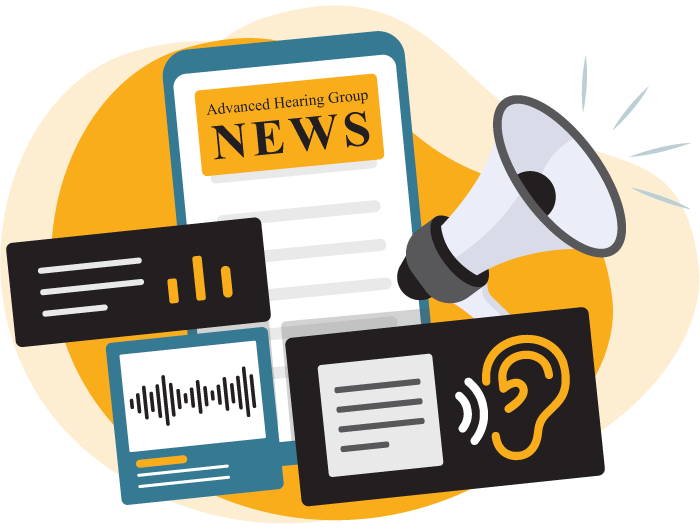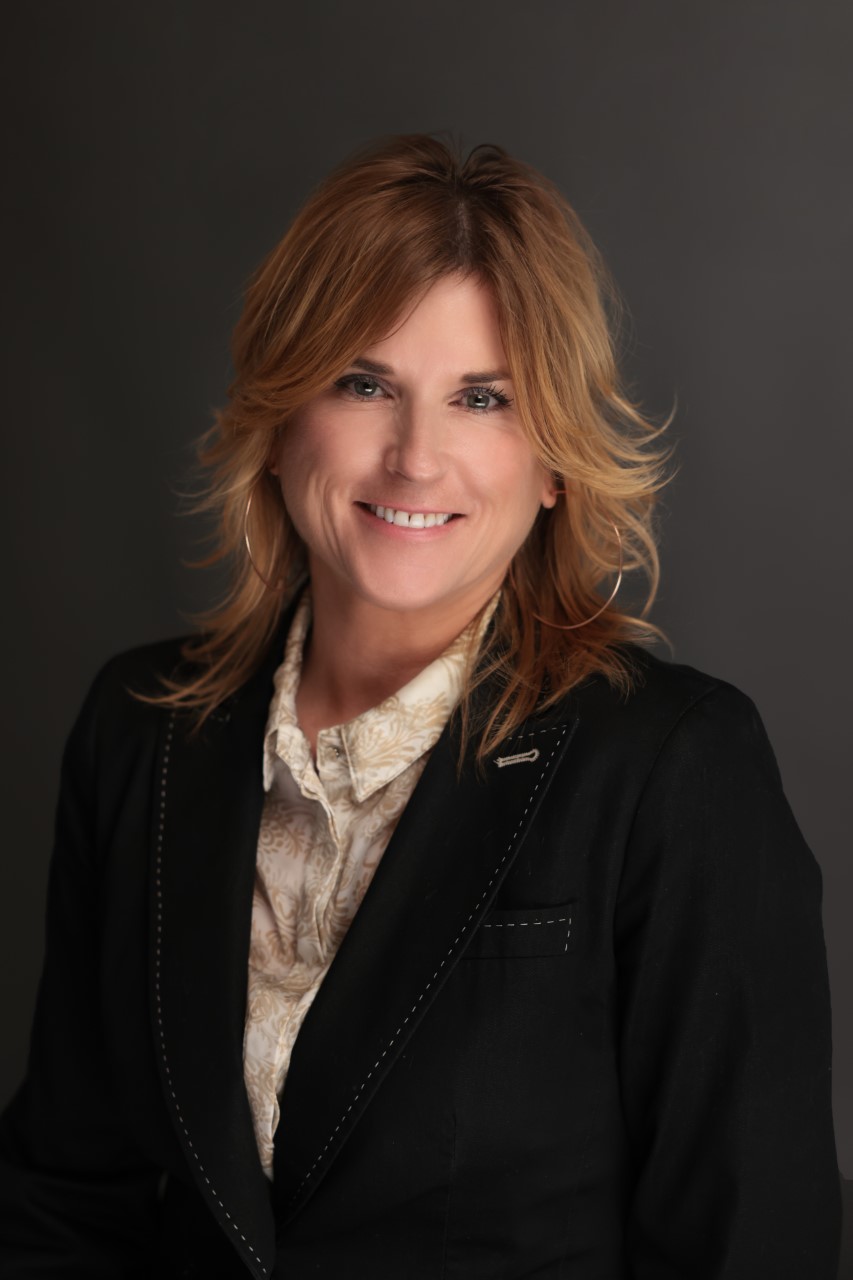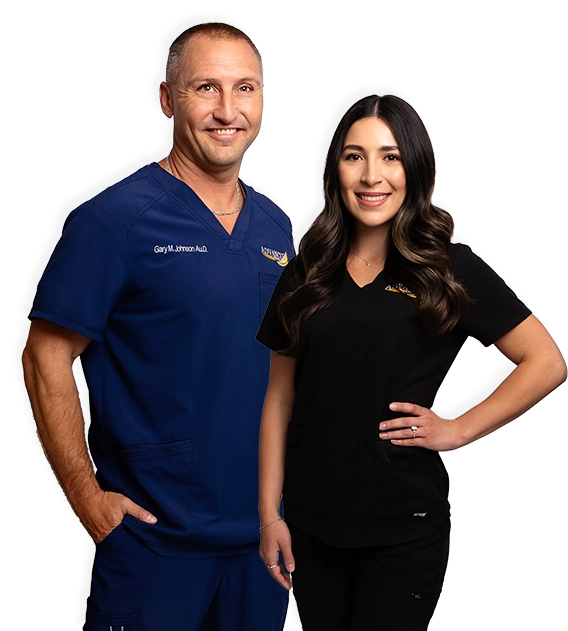
Stay Up to Date with Your Audiologist!
Advanced Hearing Group Tips, News, Offers, Events & More!
——- Monthly Newsletter Highlights ——-
Article
How Your Ears May Hold Clues to Your Heart Health
Video
Earwax Extraction of the Month!
Tid Bits
Fun Bits of News from Team Individuals
Health & Hearing
Heart Health & Hearing Health
Appointment
Make an Appointment!
Article of the Month
Hearing Loss and Heart Disease: How Your Ears May Hold Clues to Your Heart Health
When we think about heart health, we often focus on things like diet, exercise, and cholesterol levels. But did you know that your ears might be telling you something important about your heart? That’s right—there’s a growing body of research showing a strong link between hearing loss and heart disease. Understanding this connection could be a game-changer for your health, and it all starts with recognizing the signs and taking action early.
How Are Hearing Loss and Heart Disease Connected?
Your cardiovascular system is responsible for delivering oxygen-rich blood to every part of your body, including your ears. The inner ear, in particular, relies on a steady blood supply to function properly. When heart disease restricts blood flow, the delicate hair cells in the inner ear can become damaged. Since these cells don’t regenerate, this damage can lead to permanent hearing loss.
In fact, studies have found that people with heart disease are more likely to experience hearing loss, and vice versa. Poor circulation, high blood pressure, and arterial blockages can all contribute to both conditions. The ears may actually serve as an early warning system for heart problems, making it crucial to pay attention to any changes in your hearing.
Signs of Heart Disease and Hearing Loss You Shouldn’t Ignore
Common Symptoms of Heart Disease
Heart disease is often called the “silent killer” because its symptoms can be subtle at first. However, if you notice any of the following signs, it’s important to speak with a healthcare professional:
- Shortness of breath
- Chest pain or tightness
- Fatigue
- Dizziness or lightheadedness
- Irregular heartbeat
- Swelling in the legs, ankles, or feet
- High blood pressure or cholesterol
Common Signs of Hearing Loss
Just like heart disease, hearing loss can progress gradually. Many people don’t even realize they have a hearing problem until it starts affecting their daily lives. Some key signs include:
- Frequently asking others to repeat themselves
- Struggling to hear conversations in noisy places
- Turning up the TV or radio louder than usual
- Feeling like people are mumbling
- Ringing in the ears (tinnitus)
- Difficulty understanding phone conversations
If you recognize any of these symptoms, it’s time to schedule a hearing evaluation. Catching hearing loss early can make a huge difference in both your hearing health and your overall well-being.
Why Early Diagnosis and Treatment of Hearing Loss Matters
READ MORE
Ignoring hearing loss doesn’t just make communication harder—it can also have serious consequences for your health. Studies have linked untreated hearing loss to an increased risk of dementia, depression, and social isolation. Given the connection between hearing loss and heart disease, getting regular hearing check-ups could even help detect underlying cardiovascular issues before they become severe.
The good news? Hearing loss is treatable! The sooner you take action, the better your outcomes will be.
Related Article: Sound Advice From Audiologists: Why Regular Hearing Check-ups Are So Important
Effective Treatment Options for Hearing Loss
There are several effective treatments available for hearing loss, depending on its cause and severity. Some of the most common include:
- Hearing Aids – Modern hearing aids are more advanced than ever, offering features like noise reduction, Bluetooth connectivity, and rechargeable batteries. They can significantly improve your ability to hear and communicate.
- Cochlear Implants – For those with severe hearing loss, cochlear implants can provide a way to bypass damaged parts of the ear and send signals directly to the brain.
- Medical or Surgical Interventions – In some cases, hearing loss is caused by issues like infections or structural problems that can be treated with medication or surgery. In other cases, hearing loss results from something as simple as an earwax buildup. This can be effectively treated with professional earwax removal by an audiologist.
Hearing Loss and Heart Disease: Effective Prevention Tips
Even though treatment exists for both hearing loss and heart disease, it’s even better if you can prevent these health problems in the first place. Below are some tips for managing your heart and hearing health.
Tips for Preventing Heart Disease:
- Eat heart-healthy foods including fruits, vegetables, and lean proteins.
- Exercise regularly to promote good circulation and cardiovascular health.
- Monitor your blood pressure and cholesterol levels.
- Avoid smoking and excessive alcohol consumption.
- Manage stress through mindfulness, meditation, or relaxation techniques.
Tips for Preventing Hearing Loss:
- Protect your ears from loud noises with earplugs or noise-canceling headphones.
- Avoid prolonged exposure to high-volume sounds from music or machinery.
- Keep your ears clean, but avoid using cotton swabs deep in the ear canal.
- Get regular hearing check-ups, especially if you notice early signs of hearing loss.
- Stay active and maintain good circulation, as poor blood flow can impact your hearing.
NOTE: These tips are provided for informational purposes only and should not be considered medical advice. If you have concerns about your heart or hearing health, please consult with a qualified health professional for personalized guidance.
Take Charge of Your Hearing and Heart Health Today
Hearing loss and heart disease are more connected than you might think. By staying proactive and addressing hearing loss early, you’re not just improving your ability to communicate—you’re also taking an important step toward better overall health.
If you’re experiencing hearing difficulties, the best step you can take is to see a qualified audiologist. The team here at Advanced Hearing Group specializes in diagnosing and treating hearing loss with personalized care. Our Mesa and Scottsdale audiologists will work closely with you to find the best solution for your hearing needs, whether that means getting hearing aids, making lifestyle adjustments, or seeking further medical evaluation.
If you’ve noticed any changes in your hearing, don’t wait—schedule a hearing test with us today. Your ears (and your heart) will thank you!
Your Audiologist in Scottsdale & Mesa
We promise to always take the time to listen and talk with you one-on-one, ensuring that we answer all your questions thoroughly.

Extraction of the Month
Massive Earwax Removal! One Ear Completely Blocked!
VLOG # 96.
In this episode, we tackle a patient with one ear completely packed with wax while the other is relatively clear. Watch as we extract huge chunks of earwax, use irrigation to flush out stubborn debris, and restore the patient’s hearing!

Scottsdale Team
Dr. Laurie Davis, Au.D., CCC-A
joins the team!
Dr. Davis, originally from central Illinois, earned her B.S. degree in Speech and Hearing Science in 1990 and Masters degree in Audiology in 1992 from Arizona State University, and clinical doctorate in Audiology from Salus University in 2005. Prior to joining Advanced Hearing Group, she worked at Mayo Clinic Scottsdale for 28 years, where she was awarded Distinguished Allied Health Educator of the Year in 2016 and earned the educational rank of Assistant Professor of Audiology. As a practicing audiologist in Arizona for over 30 years, Dr. Davis brings extensive experience in many different areas of Audiology including diagnostics, vestibular and balance assessment, hearing loss conservation and hearing loss treatment. She strives to provide high-quality patient-centered care where each patient’s unique needs are the priority. In her spare time, she enjoys spending time with her family and cats, traveling, and seeing live music.

More About Our Whole Team
Our Mesa and Scottsdale audiology and hearing services are second to none because of our staff. Meet our audiologists and supporting staff who make up our hearing healthcare family!

Tinnitus & Hearing Health
![AHG-Tinnitus-Infographic[1] Heart Health and Hearing Health](https://www.advancedhearinggroup.com/wp-content/uploads/2017/08/AHG-Tinnitus-Infographic1.jpg)
What is Tinnitus?
Tinnitus is very common; affecting an estimated 50 million adults in the U.S. Tinnitus is the sensation of hearing ringing, buzzing, hissing, chirping, whistling, or other sounds. The noise can be intermittent or continuous and can vary in loudness. Many people believe that tinnitus is a disease; however, it is a symptom of a bigger issue in the auditory system.
Noise induced hearing loss is one of the conditions that can cause tinnitus. Damage to the hair cells found in the cochlea of the inner ear can disrupt the auditory pathways in the brain causing both hearing loss and tinnitus. The brain can produce abnormal nerve signals, heard as a high pitch sound in the ears, to compensate for the lack of sound input.
Make An Appointment
Want MORE hearing tips, news and information?
Check out more from our blog to stay up to date on hearing aid and hearing services industry tips, news and more!

